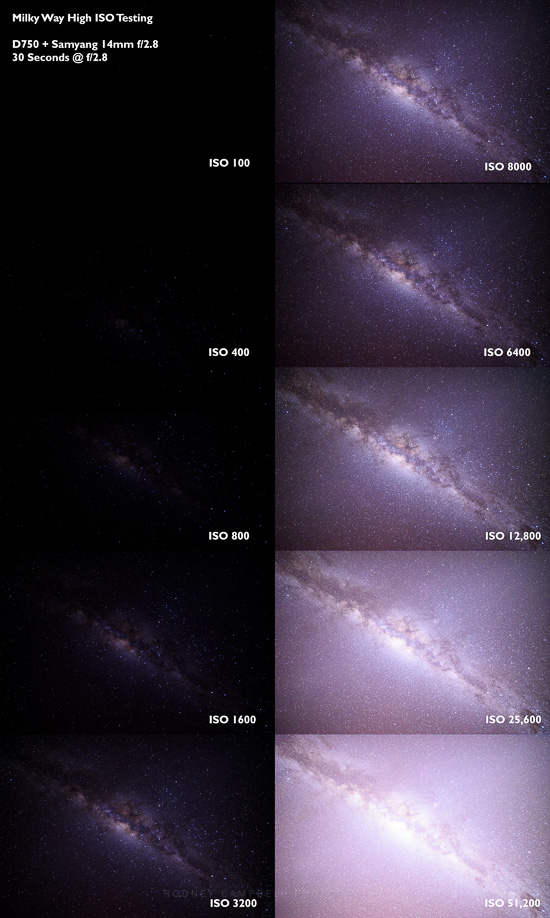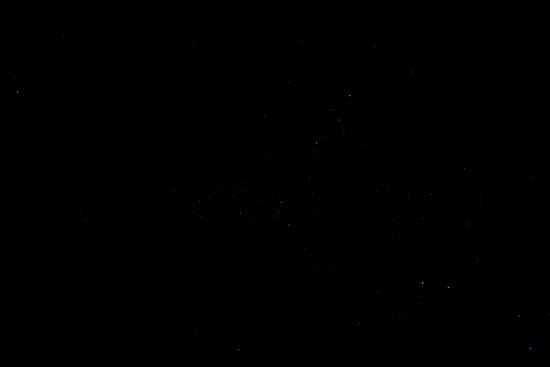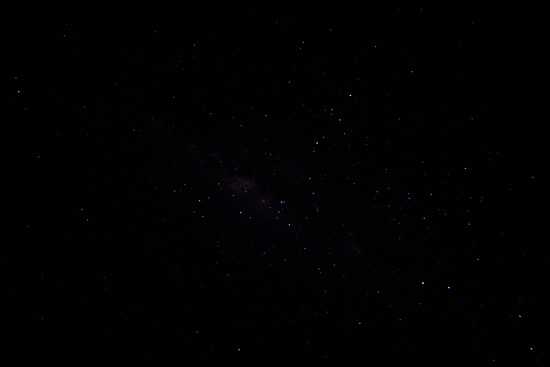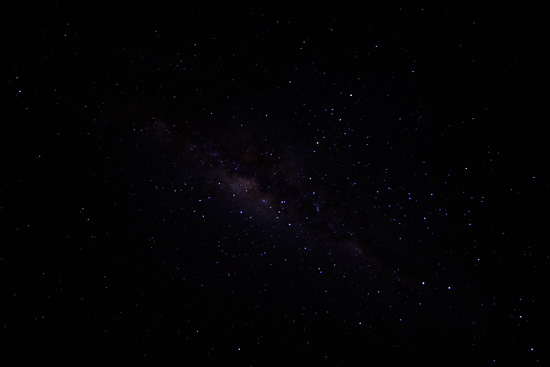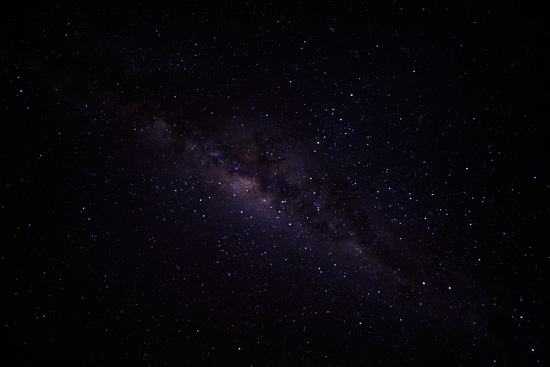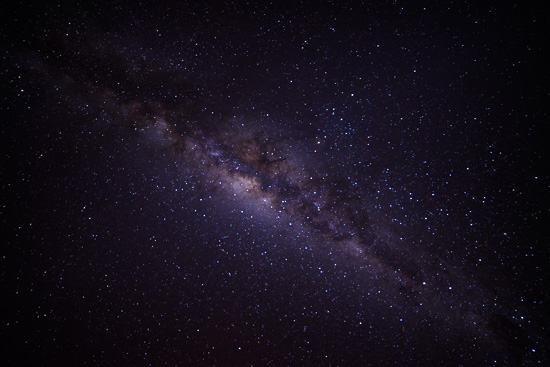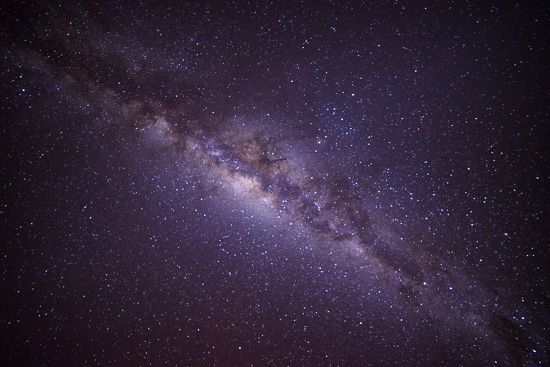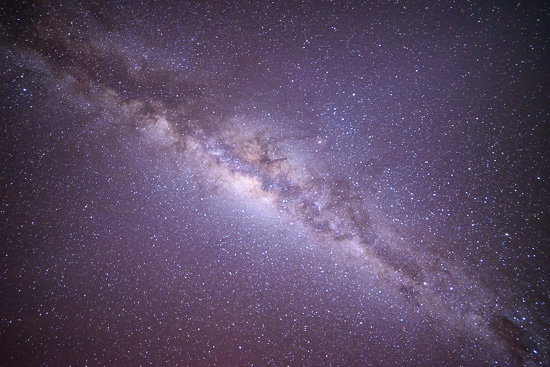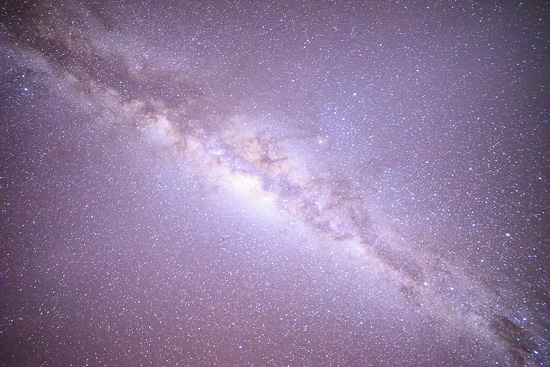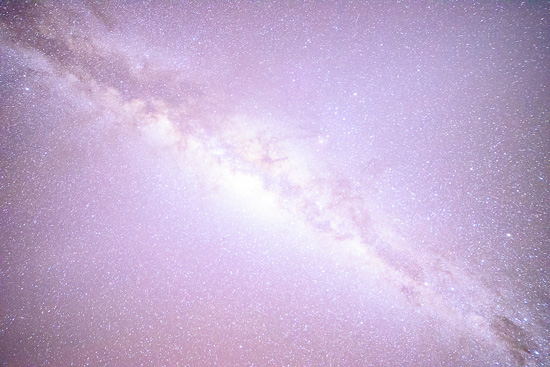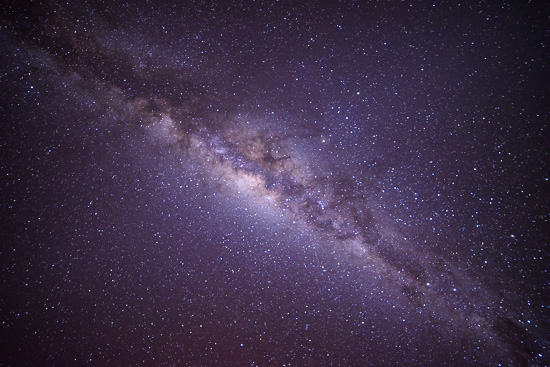D750 High ISO Testing – Take Two…
by Rodney Campbell on Dec.04, 2015, under Life, Photography
Earlier in my trip I’d taken some High ISO milky way test shots with my D750. Whilst I was out here in the dark skies of Karijini National Park I figured I’d give it another shot (no pun intended).
D750 ISO Testing
For really good static starry skies images you need to be using fast wide aperture lenses which allow lots of light in (e.g. f/2.8 or faster) and also the ability to shoot longer exposures (either by using a very wide angle of view to cut down on he effects of the movement of the stars or a motion tracking unit).
Lastly it is the high ISO performance of your sensor which completes the exposure puzzle in allowing enough sensitivity to the very faint light of the faintest stars which allows you to capture more star filled scenes of the night sky.
For the shots below I’ve taken these shots with the same camera, lens and framing. I have also used the same aperture (f/2.8) and shutter speed (30 seconds) and have just varied the ISO setting to give you a feel for what the resultant shot of the Milky Way will look like at various ISO settings.
These images were all shot in RAW, were all 30 seconds long and have all had the same synchronised basic adjustments applied to them in Lightroom, including white balance, sharpening, contrast and a few other minor basic global adjustments.
I’ve basically just taken a sequence of images doubling the ISO each time. I’ve skipped ISO 400 and I added an extra shot in the top right corner shot at ISO 8000 which I think may be my new favourite really dark skies ISO (with the D750).
Note also that I’ve pointed the camera upwards into the sky towards the brightest galactic core part of the milky way.
Each of the individual images can be seen larger below.
Note: These photographs (especially the wider shots) look much better when larger – so click any of the images below to see larger versions in an inline overlay slideshow gallery viewer.
ISO 100 – just to give you a base reference – as you can see only the very brightest few stars are visible.
ISO 400 – this is probably the peak usable ISO available on most point and shoot cameras. You can see even if you could get them to do a 30 sec exposure at f/2.8 it would basically be pointless.
ISO 800
ISO 1600 – possibly the start of being useful – you might be able to massage this in post processing to something decent.
ISO 3200 – this is probably the starting point for a good spread of stars shot under good conditions (using 30 seconds @ f/2.8).
ISO 6400 – this is likely around my ideal target under good conditions (using 30 seconds @ f/2.8).
ISO 12800 – this is surprisingly good under good conditions (using 30 seconds @ f/2.8).
ISO 25600 – using the first of the extended ISO ranges on the D750 (Hi1) has definitely brightened the sky but has also increased the background ambient and the background noise and the stars have lost their contrast against the sky.
ISO 51200 – the second extended (Hi2) and maximum ISO capability of the D750. Way too bright overall and quite noisy but remarkable none the less.
ISO 8000 – my new goto ISO for really dark skies I think.
